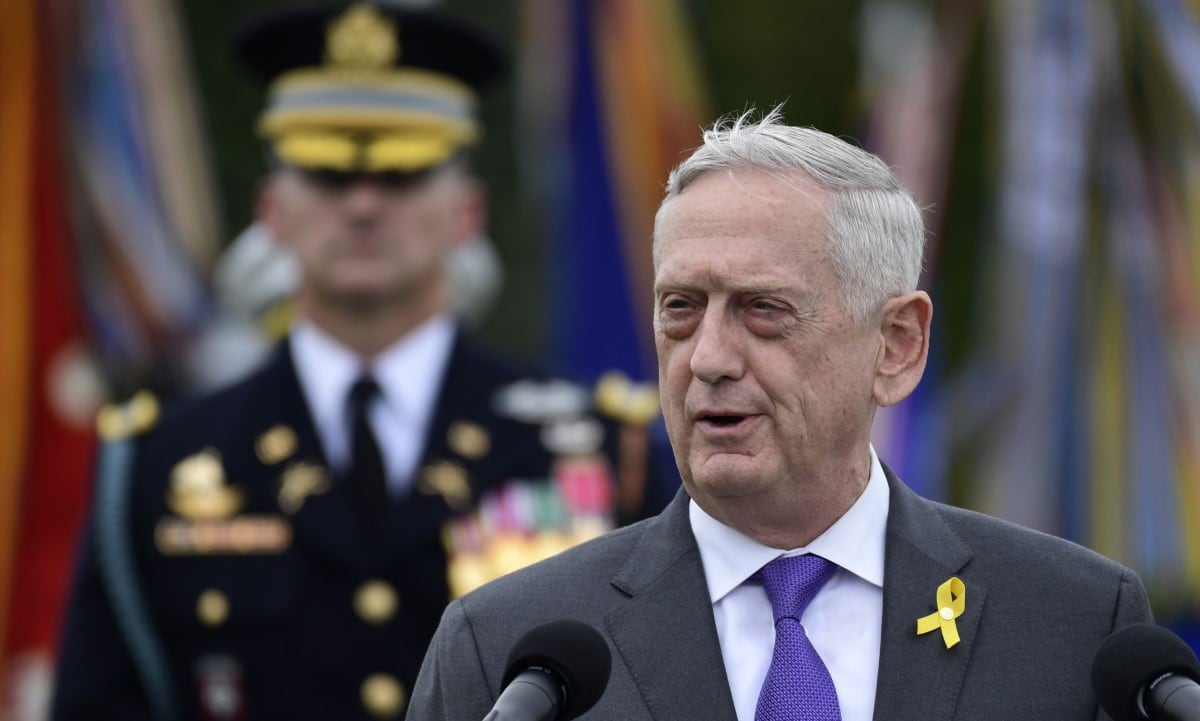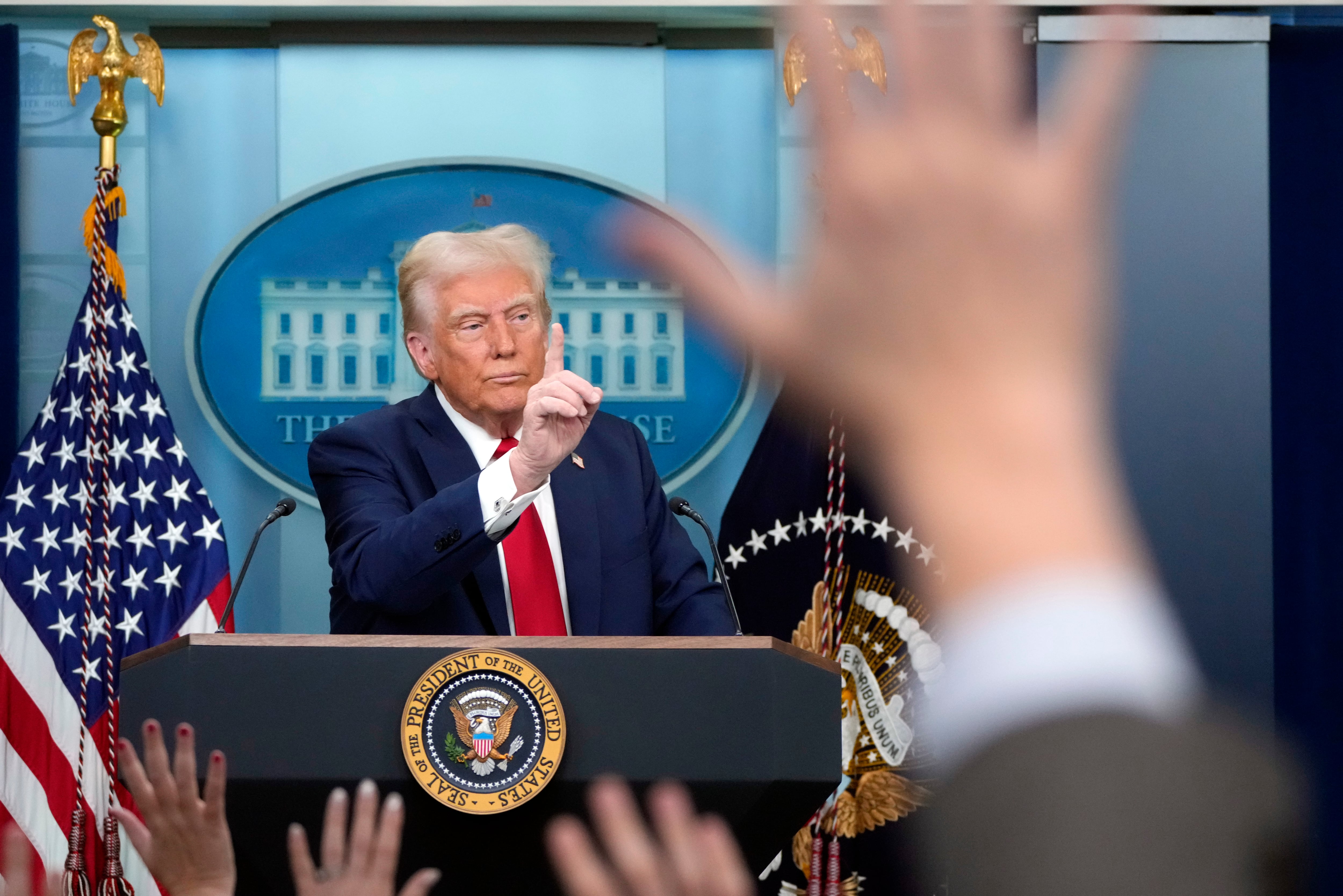With Thursday’s announcement that Defense Secretary Jim Mattis had resigned over disagreement with the Trump administration’s decision to withdraw all U.S. forces from Syria, among other splits, all eyes turned to the military’s top-ranking officer to see if he would be following suit.
Chairman of the Joint Chiefs of Staff Marine Corps Gen. Joseph Dunford was traveling overseas on his annual visit to troops over the holidays when the news broke of Mattis' resignation.
In his resignation letter to President Donald Trump, Mattis wrote, “because you have the right to have a Secretary of Defense whose views are better aligned with yours on these and other subjects, I believe it is right for me to step down from my position," after citing the personal importance, after 40 years of military service, of strategic alliances.
Dunford has also repeatedly stressed the importance of alliances to best protect U.S. interests as competitors Russia and China rise, and he has emphasized his broad support for the coalition of Kurdish forces who have been crucial in the U.S. campaign against the Islamic State in Syria.
RELATED

Dunford’s term officially ends in October 2019. His successor, Army Gen. Mark Milley, has already been announced.
However, Milley, the Army chief of staff, still must be confirmed by Congress, which led to the question of whether Dunford may depart before his successor is installed and before a new vice chairman is named.
Current Vice Chairman Air Force Gen. Paul Selva’s term expires in July.
Should Dunford leave early, or be pushed out before his term ends, he would be replaced by the vice chairman in an acting chairman capacity, per legal standards.
Should both spots be vacant, whether due to a lack of a confirmed successor or because both men were pushed out early, Trump would be able to pick an acting chairman from among the remaining members of the Joint Chiefs.
Theoretically, Trump could pick Milley in that way and elevate him into the acting chairman position more quickly.
However, doing so might cause problems for Milley’s confirmation on the Hill. Members of the Senate have expressed reservations in the past when someone is named the acting for a job that they are also nominated for.
Milley’s selection, the rejection of Mattis' advice on Syria, the cancellation of South Korea military exercises, the deployment of troops to the southern U.S. border and the creation of a space force, among others, were factors in Mattis' departure.
It’s also known that Milley was not Dunford’s first pick for his successor, a former U.S. official said.
With Mattis, “the Milley thing was really tough," the official said. “[Mattis] has lost on so much. Whether or not he was completely out [of favor with Trump], his voice wasn’t being respected.”
The withdrawal of troops from Syria was just the final straw, and Mattis' resignation may be an example to other top military leaders, the official said.
“These military officers, they object ... but they never, ever resign. Why is that? If [the threat in Syria] is that serious that we would put troops in harms' way, what is [Gen.] Dunford going to do?”
Another DoD official suggested that because Mattis is on his way out, Dunford may be getting advised behind the scenes to stay as long as possible to, in a favorite Mattis phrase, ensure the way ahead is “steady as she goes.”
Air Force Col. Pat Ryder, Dunford’s spokesman, said “all indications are that Gen. Dunford will serve out his full term. But I’d refer you to the White House for any other questions.”
Tara Copp is a Pentagon correspondent for the Associated Press. She was previously Pentagon bureau chief for Sightline Media Group.
Aaron Mehta was deputy editor and senior Pentagon correspondent for Defense News, covering policy, strategy and acquisition at the highest levels of the Defense Department and its international partners.





